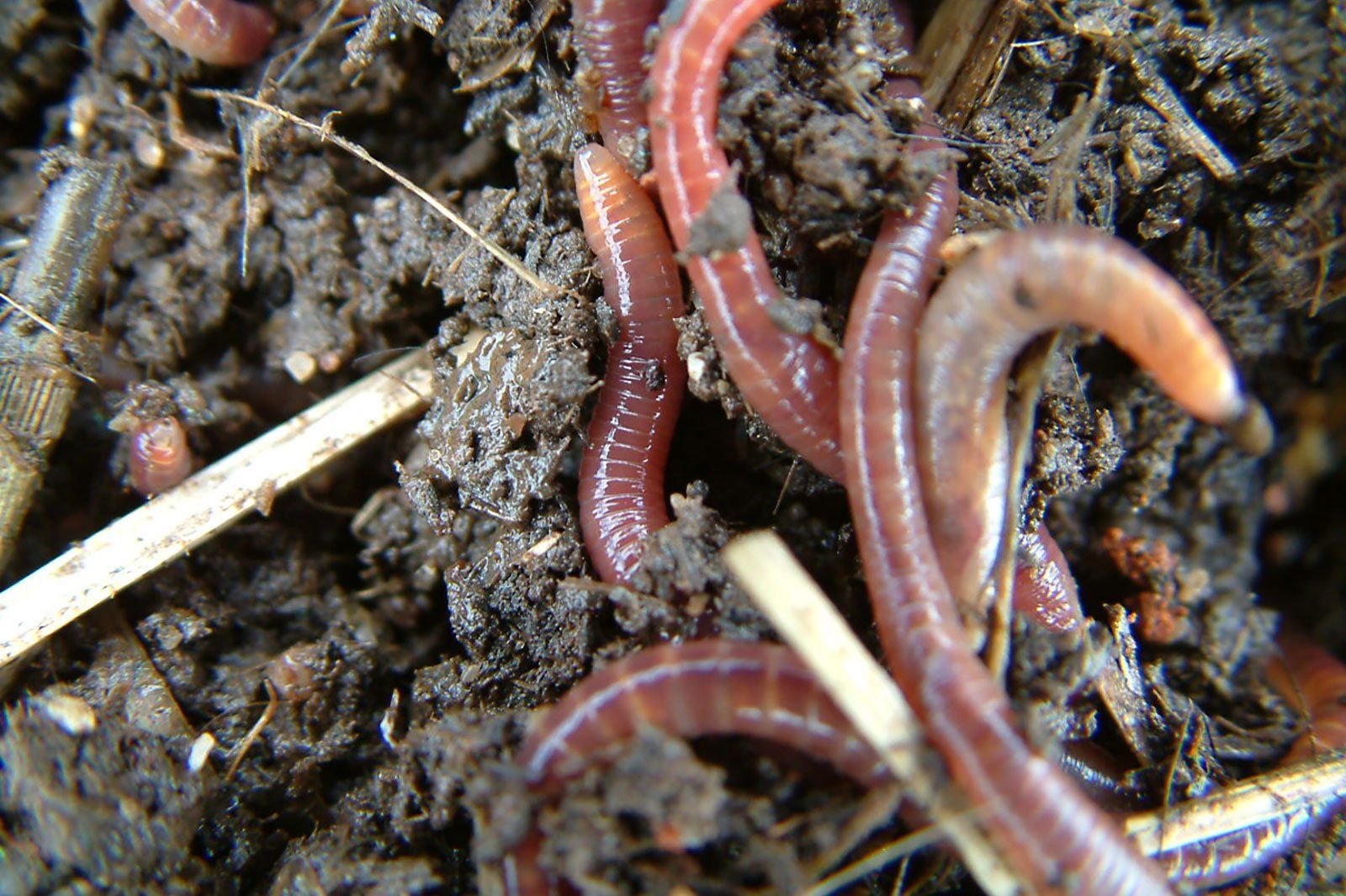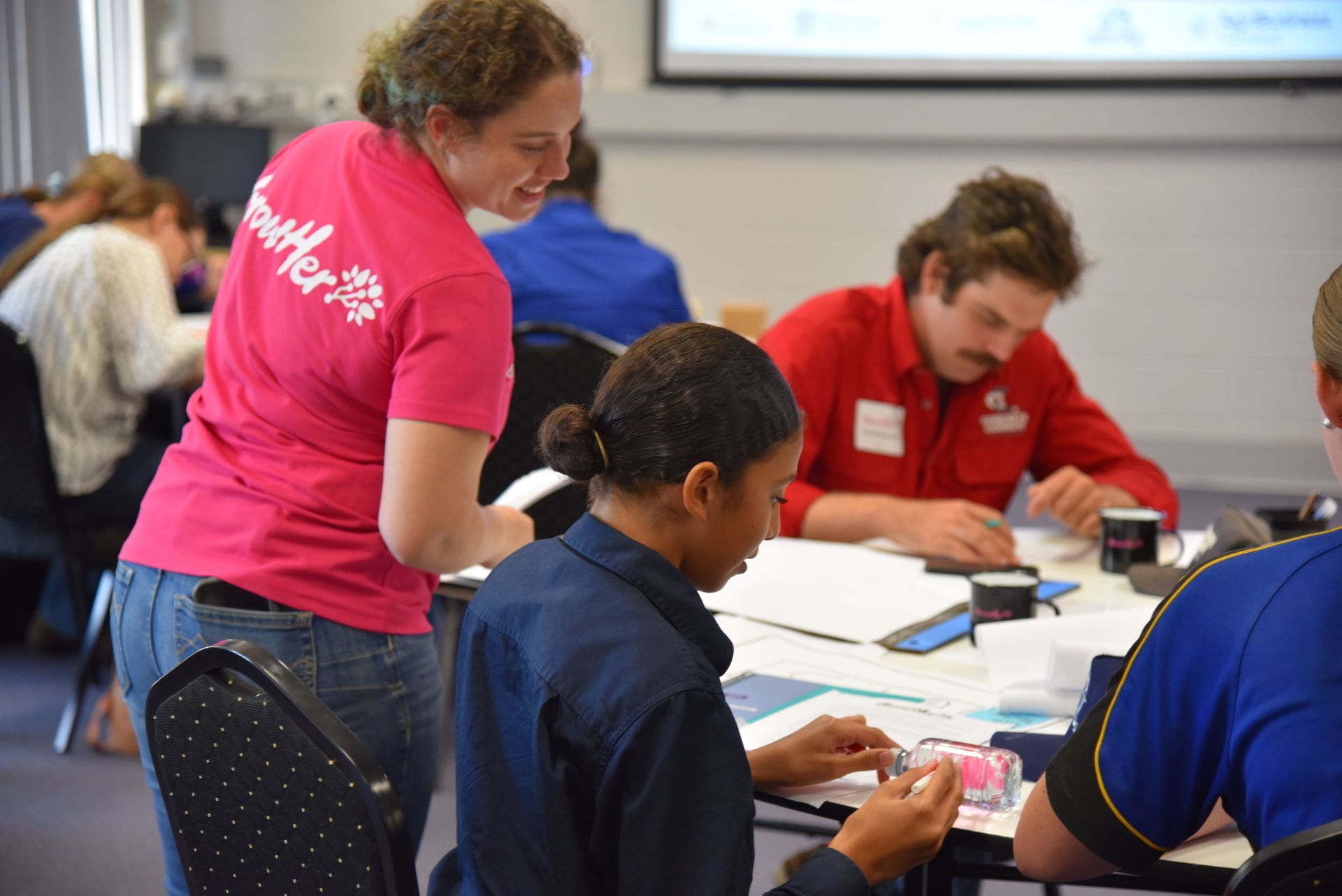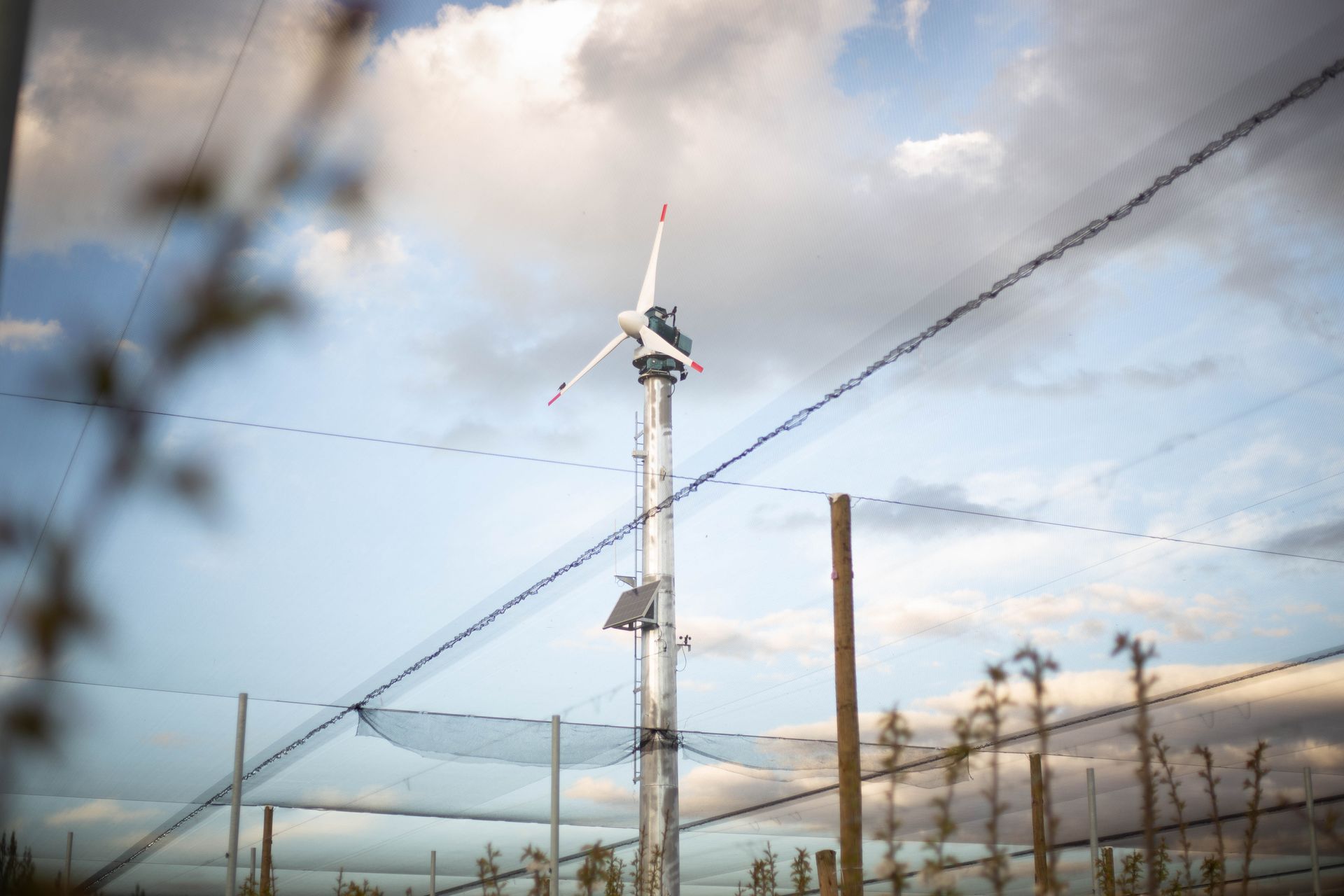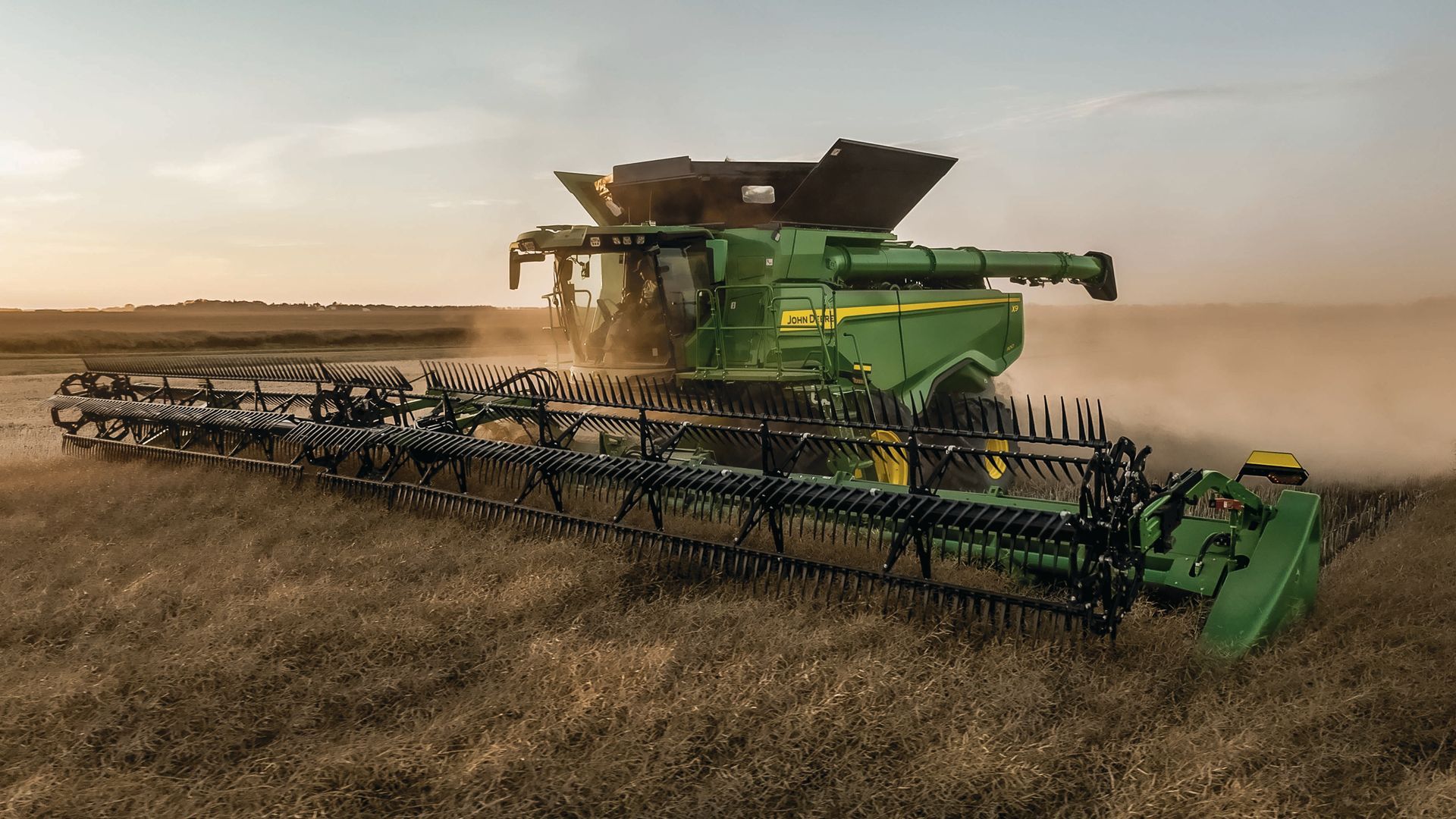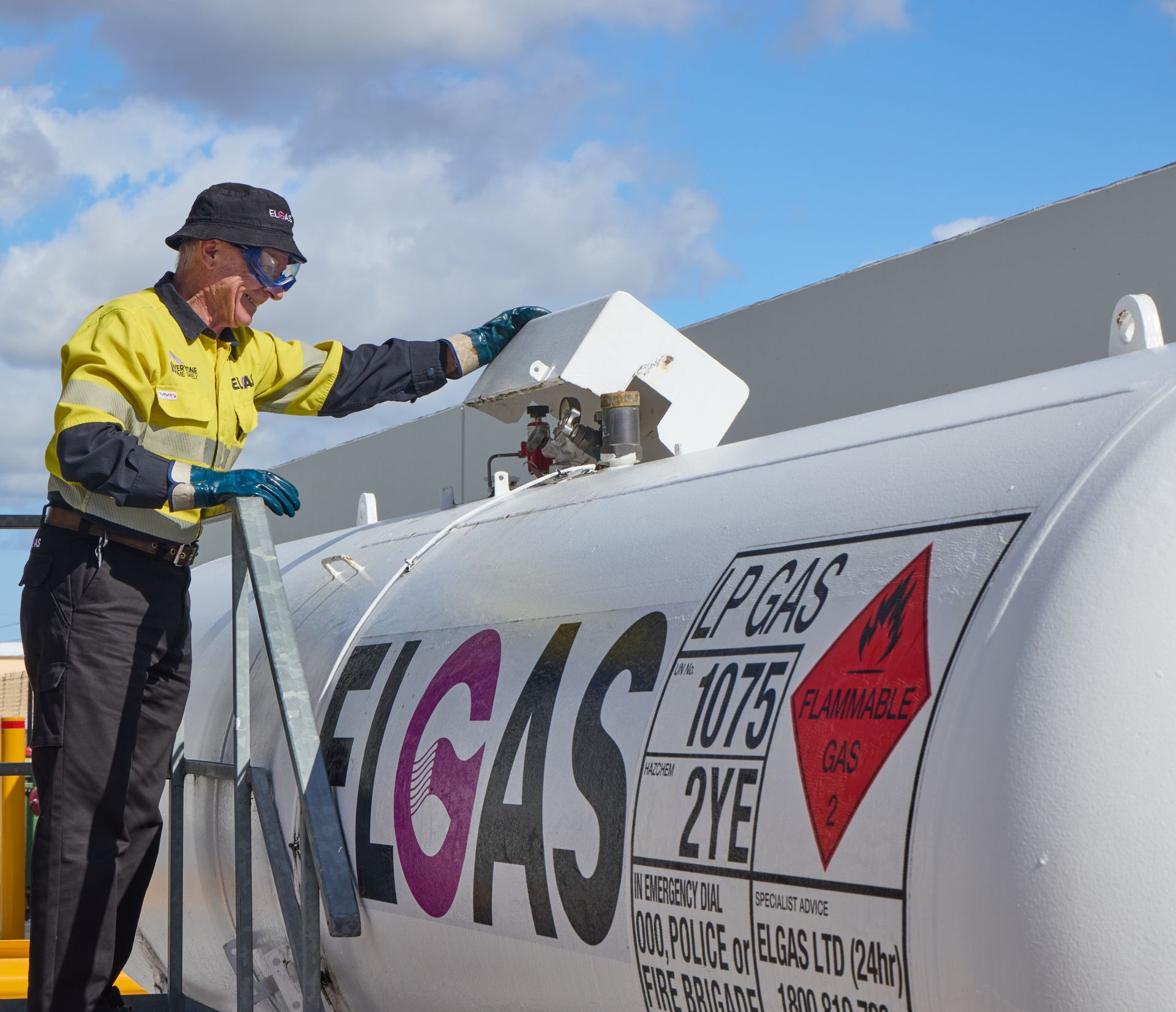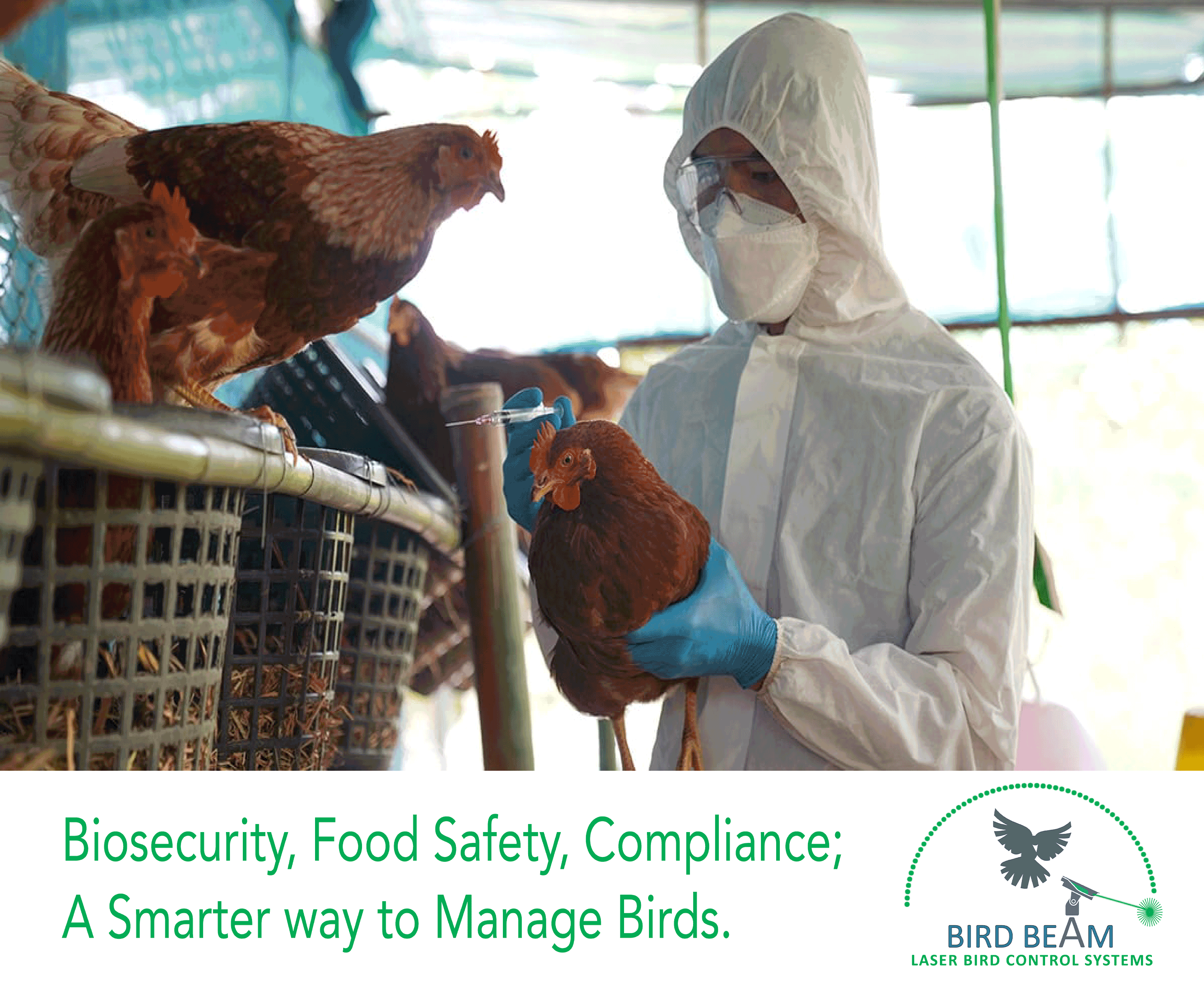1MG FlippingBooks
From chemical accident to booming natural fertiliser business
NutriSoil is a company with a unique story – a farm chemical accident for Victorian farmer Graham Maddock in the mid-1980s triggered a rethink on chemical and fertiliser applications and set in motion the establishment of what is now a thriving all-natural fertiliser company.
While recovering from serious health problems caused by chemical exposure from the accident, Graham had time to think about the risks that using such strong chemicals posed to not only farmers, but also the health of the consumer at the end of the supply chain. His research led him to experiment with a more natural approach to fertilisation through worm castings. Encouraged by significant increases in growth and quality to his produce, Graham set up his own vermiculture system to produce a liquid spray, and NutriSoil was born.
Graham’s daughter Rachelle Armstrong came back to the family farm in 2005. “Having a background in public health, I began to see the human health connection with food production,” says Rachelle. “My father was getting chemicals out of the food chain, and coming up with a much healthier way to farm.”
Rachelle and her parents decided to form a partnership. Under her guidance as Managing Director, the family business has grown substantially. NutriSoil is now used by farmers Australia-wide, and was named the Best Certified Product of the Year (Non-Food Item) for 2016 by Australian Organic.
Rachelle’s belief is that farmers have to learn how plants and soil function naturally in order to change their mindset on the use of synthetic fertilisers and chemicals and restore soil health and productivity.
“The effect of replacing the functions of your soil organisms with high levels of synthetic fertiliser is you remove the organisms there to prevent disease,” says Rachelle. “This creates disease and/or insect problems, and the need to apply fungicides and insecticides to the point where eventually the soil ends up being just dirt, devoid of life.”
In contrast, NutriSoil’s Biological Liquid Fertiliser is made from a unique vermiculture system that feeds organic materials – manure, straw, seaweed, fish and other materials – to a system of worms and microbes. The vermiculture system mimics what the top soil naturally does to make nutrients available. The biological fertiliser therefore feeds the plant and microbes, but doesn’t take over the natural nutrient cycling. By feeding the microbes in the soil, NutriSoil delivers a more stable productivity despite seasonal impacts compared to conventional fertilisers.
And Nutrisoil is putting its money where its mouth is to back up its claims – the company has invested heavily in R&D through Microbe Labs Australia, to conduct growth trials and confirm the positive anecdotal evidence about the biological fertiliser.
“The data we’ve gained during growth studies is much more useful than an analysis of the contents of NutriSoil,” says Rachelle. “Farmers need to realise that it is the natural plant and soil function that is crucial to production – in order to grow a crop to make money, you need to support the life in the soil, and then you get the healthy, resilient production outcomes for a stable financial future.”
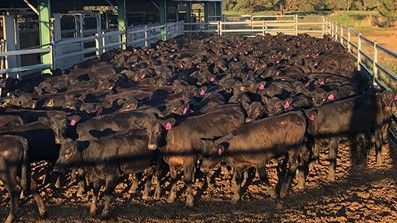
A selection of The Australian Farmer Sponsors - Click on a banner below to find out more...

